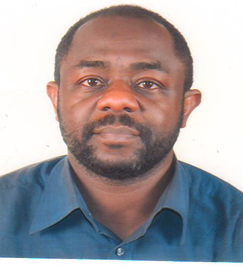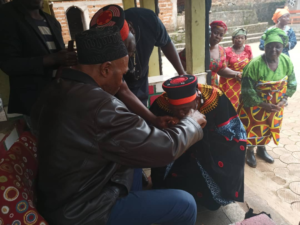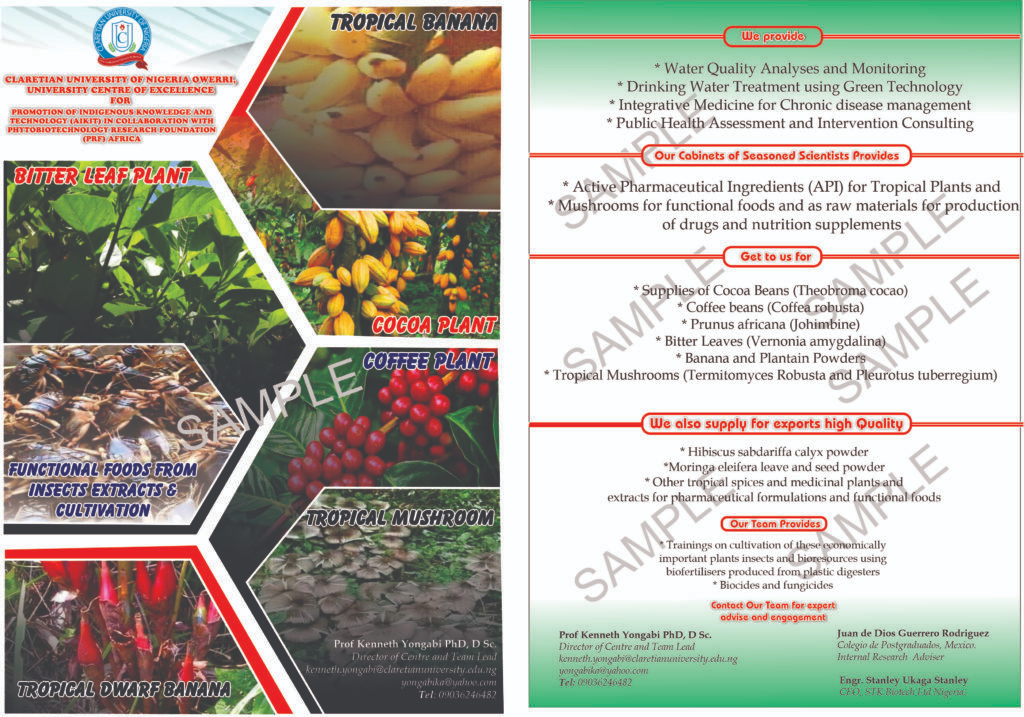
The African environment is probably the least explored in terms of available resources. One needs to take a course to the plant world and abundant indigenous knowledge in Africa to discover untapped resources. This is no news any longer, but the manner in which our development in Africa is carried out has disconnected from the cultural, social, traditional determinants, thought processes, perspectives, and history of a continent that prides itself as the cradle of civilization in the world.
The civilization and first writings of the world came from Egypt-hieroglyphics-Africa. More than 80% of Africans depend on local wisdom and homeopathic medicine for example and more than 95% of Africans particularly survive and thrive on local wisdom.
In Africa, people still consult traditional healers and rulers even when being attended to in conventional orthodox clinic, and even in the face global modernization, a lot local decisions in rural areas are based on culture, rituals, ethnography, ethno politics, traditional methods and perceptions in gender and settlements of disputes to name a few. Unfortunately, inadequate effort in transforming these vast African knowledge using simple low cost technologies built within the context of the culture, ecology and ethno-economics of Africa remains poor.
This, partly, due to the fact that even African scientists and intellectuals, unfortunately, have conflicting interpretation of the African identity and so engrossed in western models and ideologies and call it western identity that expresses and adulterates indigenous dignity with viewing as inferior. We stand at the opinion that science and technology and indeed development strategies in Africa should be rooted in her ethnographical and cultural characteristics yet uncompromising in global standards, thus giving us an edge at global markets.
Building upon the fact that our development in Africa should base on and benefit from her cultural, social, traditional determinants, thought processes, perspectives, and history of a continent that prides itself as the cradle of civilization in the world, some scientists across in collaboration with staff of Claretian University of Nigeria have developed home grown technologies to control , prevent and treat different infectious and non infectious diseases, improve agriculture and generate a healthy environment developed from the local knowledge and wisdom of Africa. The Phytobiotechnology Research Foundation in Cameroon has demonstrated pilot technologies built and hinged on African ecology ab initio.
The Phytobiotechnology Research Foundation initially cultured the activities of this centre a decade ago under the stewardwardship of Prof Kenneth Anchang Yongabi, who first coined the words, Phytobiotechnology, phytocoagulants, Phytodisinfectants and Afrocentric technologies based on these concepts in 2008 which was published in the Unesco Encyclopedia of Life Support Systems (EOLSS)
In 2020, Professor Kenneth Anchang Yongabi was nominated to coordinate Working Group on Africa’s Indigenous Knowledge to Preventing and Controlling Emerging Infectious Diseases on the Continent like COVID-19https://www.asric.africa/IKnowledge_WG.html
In 2021, the director of AIKIT under the aegis of the African Union Scientific Research and Innovation Council (ASRIC) published a compendium that captures indigenous knowledge technology in generating potable water. The book has been published in Arabic, English, French and Portugeuse (Addressing COVID-19 Hand Wash in Africa: Low Cost Moringa Sand Filter Hybrid Technology for Household and Community Water in Africa https://www.asric.africa/publications.html
These concepts and pilot technologies are being incubated and expressed under the AIKIT at Claretian University of Nigeria in unison with the Phytobiotechnology Research Foundation Cameroon.
The activity of the centre involves:
The University Centre of Excellence (AIKIT) flagged off the Ibanikom Health Literacy Evolution project in Cameroon. A novel and innovative public health intervention approach rooted in ancient traditions, bound to be effective and sustainable, very robust yet uncompromising in global public health standards. To meet the Alma ata declaration of 1978 on Primary Health care, An afrocan derived model is critical. The centre has developed one of a unique model. A health Literacy and health education strategy with locally derived interventions built on African cultural identity to prevent and control Non Communicable Diseases such as Hypertension, diabetes and Cancer. A case study of the Kom Kingdom in the North West region of Cameroon is being studied under the Claretian University partners Phytobiotechnology Research Foundation in Cameroon and the School of Inculturation in Nairobi, Kenya.
The University Centre of Excellence (AIKIT) flagged off the Ibanikom Health Literacy Evolution project in Cameroon. A novel and innovative public health intervention approach rooted in ancient traditions, bound to be effective and sustainable, very robust yet uncompromising in global public health standards. To meet the Alma ata declaration of 1978 on Primary Health care, An afrocan derived model is critical. The centre has developed one of a unique model. A health Literacy and health education strategy with locally derived interventions built on African cultural identity to prevent and control Non Communicable Diseases such as Hypertension, diabetes and Cancer. A case study of the Kom Kingdom in the North West region of Cameroon is being studied under the Claretian University partners Phytobiotechnology Research Foundation in Cameroon and the School of Inculturation in Nairobi, Kenya.
The Ibanikom Health Literacy Evolution project has developed models for:

